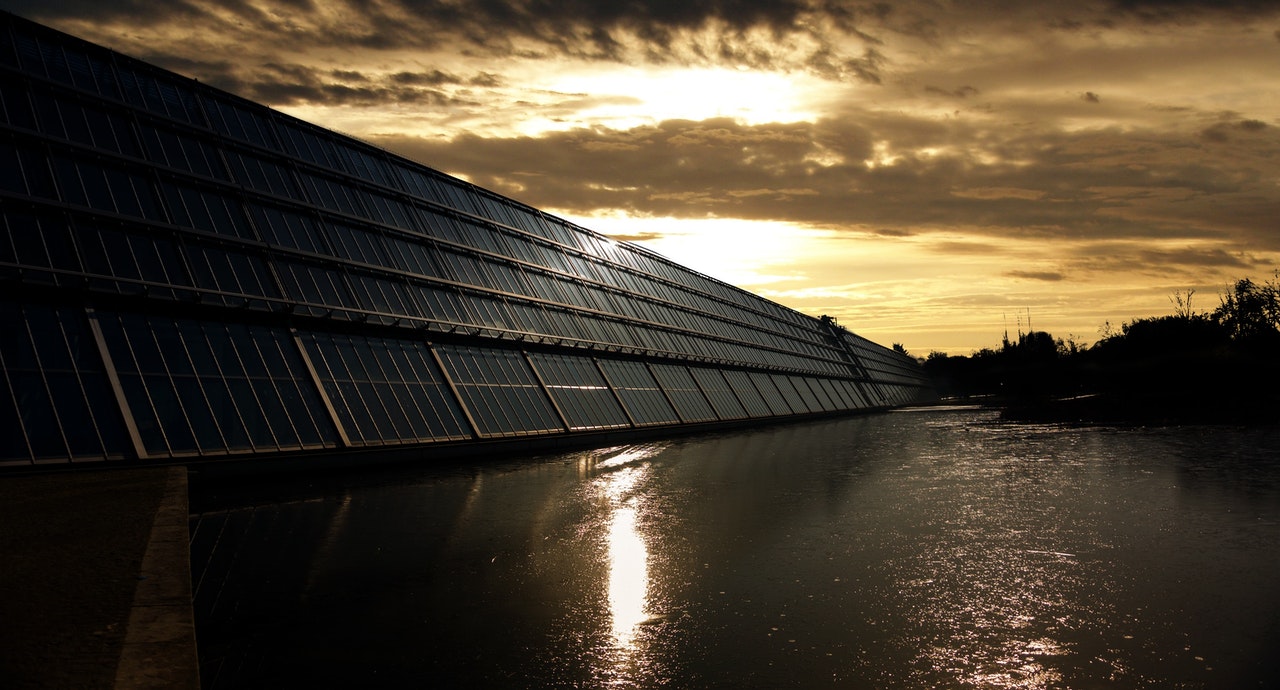Two German renewable energy companies are hoping to build one of the country’s largest solar parks among the hills in eastern Barnim to improve energy security in the face of an unprecedented supply crisis, local media reported.
But the project is facing dozens of hurdles even as Russia, on which Germany has relied for decades, is cutting gas supplies, raising fears of a complete shutdown.
Although renewable energy companies Notus and Boreas this month overcame objections from the municipality, which delayed it by 18 months, they need the approval of about 30 government agencies, each of which can submit reservations to the plan, which will need to be adjusted.
Industry insiders say federal action is needed to remove local barriers to solar energy investment, much as happened with wind energy, and smooth the way to the more ambitious photovoltaic (PV) energy target agreed by the German Parliament this month.
The overall goal is for Germany to cover 80% of its electricity from renewable energy by 2030, compared to the previous target of 65% and 41% in 2021.
“The less time solar companies have to spend on paperwork, the more solar systems they will be able to install in the coming years,” said Carsten Kernig, head of the German Solar Energy Association. He called for reform to ease the bureaucracy and clear deadlines to speed up decision-making.
Permitting and planning procedures meant that projects of a similar scale in Brandenburg, where Barnim is located, took an average of 10 years to complete.
By German standards, the Barnim project is progressing relatively quickly after overcoming initial resistance, but it needs to retain the support of the municipal authorities, which have the final say.
A spokesman for the German economy ministry, which oversees energy issues, said that the ministry was aware that further action might be needed.
“We understand that high PV expansion goals are a challenge. Therefore, we will closely monitor the further development of solar parks and, if necessary, also consider further measures,” said the representative of the Ministry of Energy.

